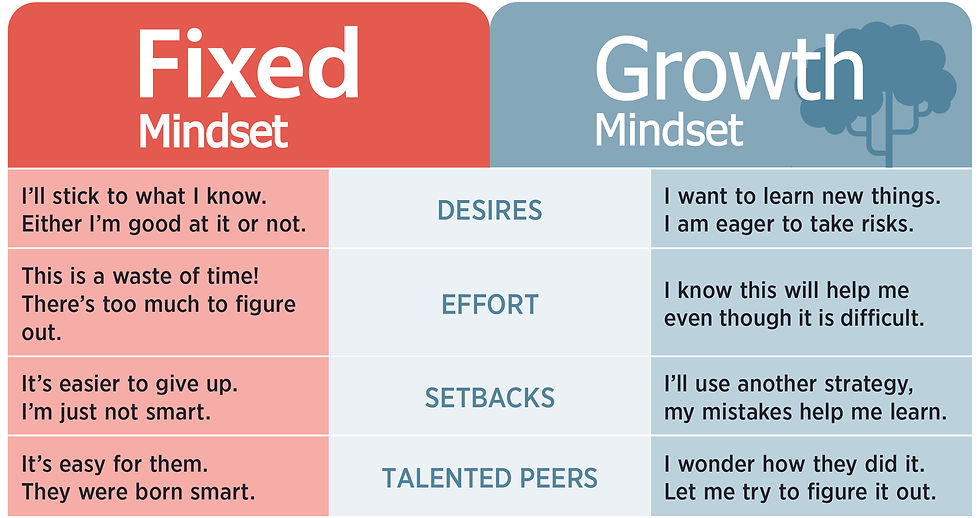Schools Under Pressure: Navigating Parental Expectations in Education
- Louisa Wood

- Jul 11, 2025
- 3 min read
The disconnect between parental expectations and educational realities can create friction. Parents and Carers want the best for their children, but this can sometimes translate into unrealistic academic pressures. Teachers, meanwhile, navigate curriculum constraints, student wellbeing concerns and the need to personalise learning experiences for diverse classrooms. These tensions can lead to stress for teachers, parents and even students themselves.

How Teachers Can Address Parental Concerns
To bridge this gap, teachers can proactively engage parents and carers in meaningful conversations about education. Here are some effective strategies:
Focus on Holistic Development: Structure parent-teacher meetings to address overall student growth. A suggested format includes:
1. Begin by highlighting the student’s strengths and engagement.
2. Discuss areas of improvement, emphasising skill development rather than marks.
3. Provide insights into the student’s social and emotional wellbeing by discussing participation and resilience.
4. Offer specific strategies for both parents, carers and students to support progress, ensuring realistic and achievable steps.

Address Homework Misconceptions: Parents and carers often equate more homework with better learning, but research suggests otherwise (See the list of Further Resources at the end of the article to read more). Studies indicate that the quality of homework assignments is more positively associated with student achievement than the quantity assigned. Excessive homework can lead to increased stress and physical health problems, particularly in high-achieving communities.
Supporting Parents and Carers via Workshops and Resources: Schools can also curate digital resources, including articles, podcasts and expert talks, making support accessible to parents and carers anytime. Here is a list of topics that could be covered by the supplied resources:
Stress Management for Families: Practical techniques to manage academic stress and promote emotional wellbeing.
Understanding Adolescent Development: Insights into cognitive, emotional and social changes during adolescence to foster realistic expectations.
Navigating Academic Setbacks: Strategies to help students build resilience, learn from failure and develop a growth mindset.
Balancing Extracurriculars and Academics: Guidance on supporting well-rounded development without overwhelming students.

Ways Parents and Carers Can Support a Harmonious School Relationship
Parents and Carers play a crucial role in ensuring a positive relationship with schools.
Here are some ways they can foster collaboration and reduce tension:
Stay Open to Dialogue: Approach teachers as partners in their child’s learning journey, listening to their expertise and insights.Use respectful, solution-oriented communication.
Understand the School’s Constraints: Recognise that teachers manage diverse learning needs, curriculum requirements and limited resources.
Attend School Events and Workshops: Engage with school-offered resources to gain a better understanding of modern teaching methods and student development.
Encourage Effort Over Perfection: Highlight the importance of learning from mistakes and viewing challenges as opportunities for growth, fostering a growth mindset, which can help to reduce pressure and promote resilience in the school environment.

Conclusion
The relationship between parents/carers, teachers and students plays a pivotal role in shaping a positive educational experience. While parental ambition is rooted in a desire to see their children succeed, it is essential to recognise the pressures this can place on students, educators and even families.
By fostering open communication, setting realistic expectations and focusing on holistic development, parents/carers and teachers can work together to create an environment that supports student growth without resorting to undue stress. With mutual understanding and collaboration, we can cultivate a learning culture that values well-being, personal progress and lifelong learning over mere academic perfection.
MyDiary Supports Positive Change
At MyDiary, we recognise the importance of strong school-home partnerships in fostering student success. Our diaries serve as a bridge for clear, supportive communication between parents/carers and teachers. Each diary includes a dedicated space for parent-teacher correspondence, allowing both parties to exchange insights and confirm their engagement with a signature.
Further Resources:
“Developing Positive Relationships With Teachers” from Gearing up for Parent Engagement in Student Learning. Read more here.
The Family-School Partnerships Framework from the Australian Government Department of Education. Find out more here.
Resources for parents, families and carers to be more involved in their child's learning, from the highchair to high school. Delve into the Learning Potential Toolkit.
Key Lessons: What Research Says About the Value of Homework from Reading Rockets.org. Read the Full Article Here.
Does Homework Improve Academic Achievement? A Synthesis of Research from Review of Educational Research - Spring 2006. Read the paper here.
